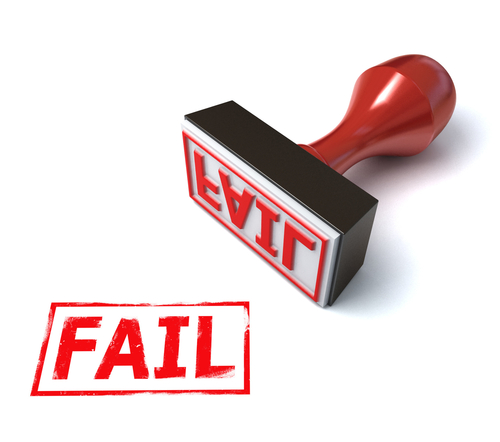
“What is the main reason a bid fails to win?”
This is the question we are asked more than any other and it is one for which, on the face of it, there is a simple answer. Our response is that a bid fails to win because it does not convince the reader. Always assuming you have selected an appropriate bid in the first place and priced it competitively, you must then persuade your prospective client that you are a capable organisation with the depth of resource, the expertise, the empathy and the solution to meet with their objectives. Then you must be able to prove it.
A bid will fail to convince if you have not observed the fundamental rules that govern a winning and compelling response. There is a golden rule to remember when putting a bid together and it is this: A good bid may not necessarily win, but a poor bid will always lose.
To help you understand what the primary elements of a good bid are, the following ten key points will help you:
1 - The more generic your bid the less it will engage the interest of the reader.
Whilst this may appear to be self-evident, you will be surprised by the number of bids we read that are simple ‘cut and paste’ or template driven responses. Here the solution is straightforward; stop talking about you and start talking about them. If you mention your own corporate plans more than you do theirs, you are writing a bid that will fail. The more often the reader sees their own name the more they are engaged with the text. Ultimately, the bid is not about you - it is about them.
2 - Research your potential customer thoroughly.
To make your bid more engaging you must demonstrate a clear understanding of their corporate objectives. Show that you have taken the trouble to understand them and mention their goals often. Provide details of how your products or services will help them achieve those aims, no matter in how small a way that might be. By doing this, you will help yourself to observe the first rule which is to be less generic. Most importantly, you will be demonstrating a clear empathy with their aspirations and this will set you apart from your competitors.
3 - Preface your bid with a properly written executive summary.
The writing of an expert executive summary is a specific skill and should be carried out by someone who understands the ‘rules’. In a nutshell, an executive summary must comprehensively capture the main points of your bid; it must state customer’s objectives, provide a backdrop to the bid response, highlight the principle benefits of your bid and reference the proof you are providing to support your claims. It must be short (a ratio of approximately one page to each 35 pages of actual bid is a good target to aim for) and it must be written in a business-like and functional style – free of hyperbole and unwarranted adjectives. The final rule is always to write an executive summary from scratch – twice. Once at the beginning of your bid to act as your document map and then revised at the end to ensure it captures everything.
4 - Provide evidence and proof.
Evidence and proof come in many forms; case studies, testimonials, references, awards, accreditations, third party audits and so on. You can say what you want about yourself but it means nothing without proof to back it up. Whatever claims you make should always reference appropriate evidence contained, usually, in the appendices to the bid.
5 - Remember that features are not benefits.
A feature is something about the make-up of your company. For example, you may have a quality accreditation. If you tell your prospective customer this in your bid and stop there – you have told them nothing that your competitor will not tell them. Your quality accreditation is a feature. It only becomes a benefit when you can demonstrate that your quality has a beneficial outcome and that the customer will gain something as a result. That might be a cost saving, a reduction in waste, an enhancement of image, a time saving; these are examples of real benefits. Always ask yourself “Have I just written about a simple feature or a real, tangible benefit?”
Follow us on Twitter and get notified when we publish part two of Ten Reasons Why Bids Fail.

Comments
blog comments powered by Disqus